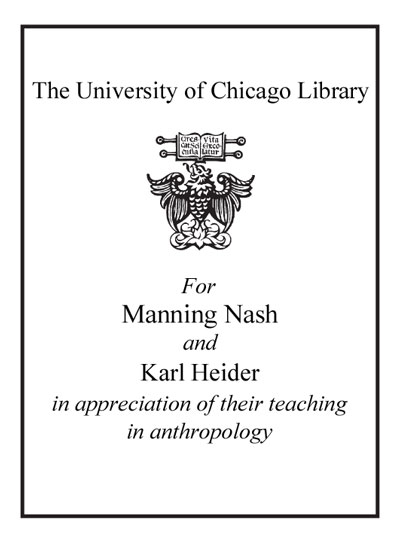| Notes: | Indexed in the Native American Artists Resource Collection Online, Billie Jane Baguley Library and Archives, Heard Museum, Phoenix, Arizona, at the artist name level (July 31, 2023) https://5019.sydneyplus.com/Heard_Museum_ArgusNET_Final/Portal.aspx
Issued also in electronic format.
|
|---|
| Summary: | "One of Canada's most prominent Indigenous voices uncovers the lies Canada tells itself and the power of narrative to prioritize truth over comfort. Jesse Wente remembers the exact moment he realized that he was a certain kind of Indian. Not Anishinaabe or Ojibwe, but seen as a stereotypical cartoon Indian. He was playing softball as a child when the opposing team began to war-whoop when he was at bat. It was just one of many incidents that formed Wente's understanding of what it means to be a modern Indigenous person in a society still overwhelmingly colonial in its attitudes and institutions. As the child of an American father and an Anishinaabe mother, Wente grew up in Toronto with frequent visits to the Serpent River reserve. By exploring his family's history, including his grandmother's experience in residential school, and citing his own frequent incidents of racial profiling by police who'd stop him on the streets, Wente unpacks the discrepancies between his personal identity and how non-Indigenous people view him. He also describes his discomfort at becoming a designated spokesperson for Indigenous people's concerns, even as he struggles with not feeling Ojibwe enough. In his work as a CBC Radio columnist, film critic and programmer, and as the founding director of the Indigenous Screen Office, Wente has analyzed and given voice to the differences between Hollywood portrayals of Indigenous people and lived culture. Through the lens of art, pop culture commentary, and personal stories, and with disarming humour, he links his love of baseball and movies to such issues as cultural appropriation, Indigenous representation and identity, and Indigenous narrative sovereignty. Indeed, he argues that storytelling in all its forms is one of Indigenous peoples' best weapons in the fight to reclaim their rightful place. Wente explores and exposes the lies that Canada tells itself, unravels "the two founding nations" myth, and insists that the notion of "reconciliation" is not a realistic path forward. There is not a state of peace between First Nations and the state of Canada that can be recovered through reconciliation--because no such relationship ever existed. Part memoir and part manifesto, Unreconciled is a stirring call to arms to put truth over the flawed concept of reconciliation, and to build a new, respectful relationship between the nation of Canada and Indigenous peoples."--
|
|---|

